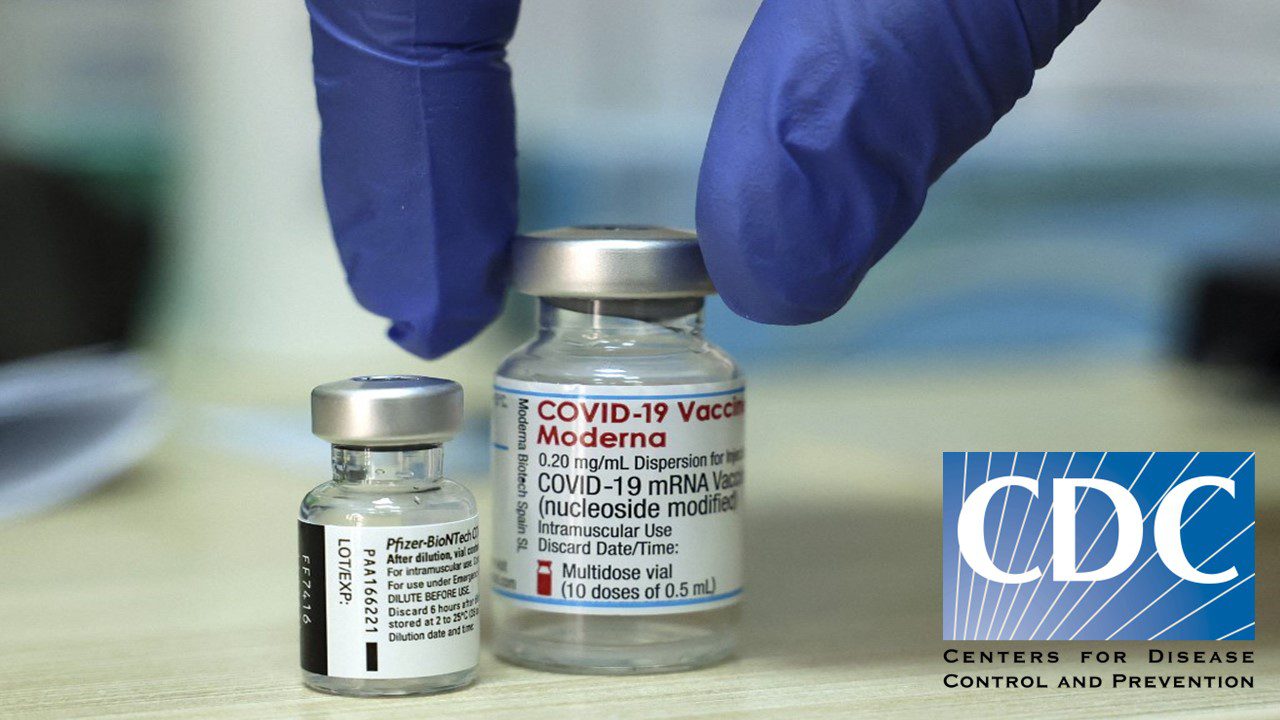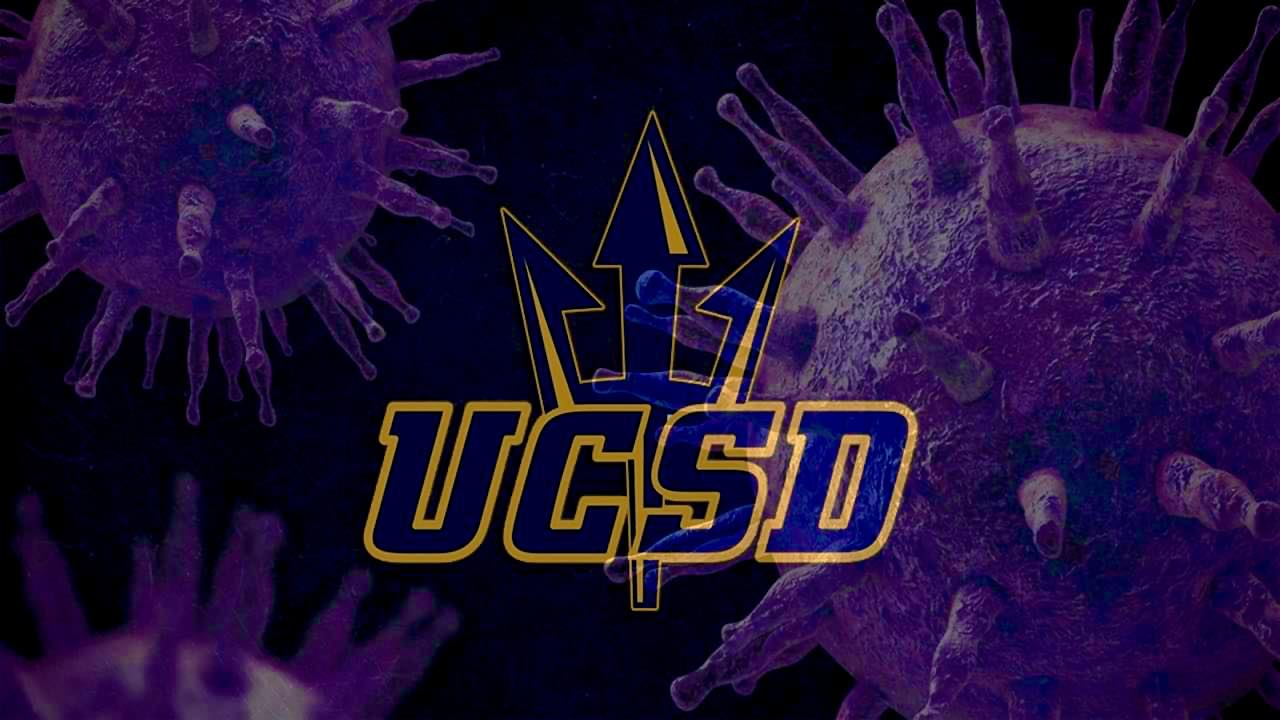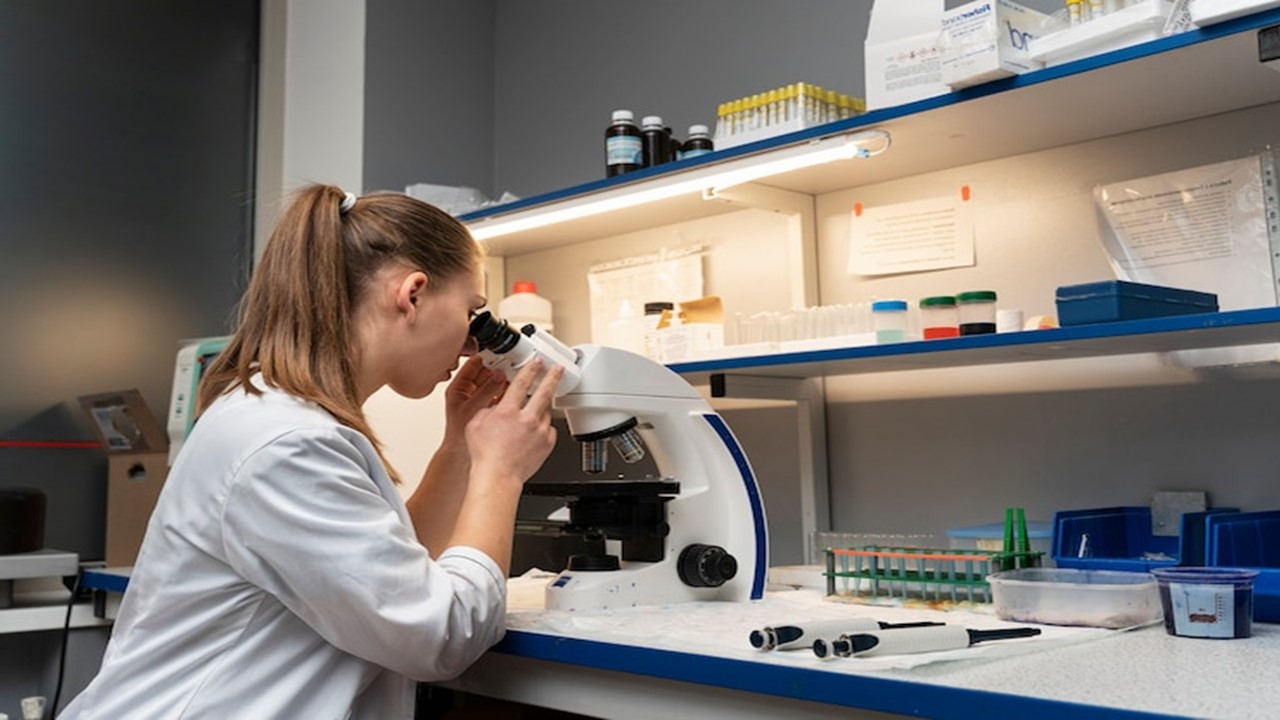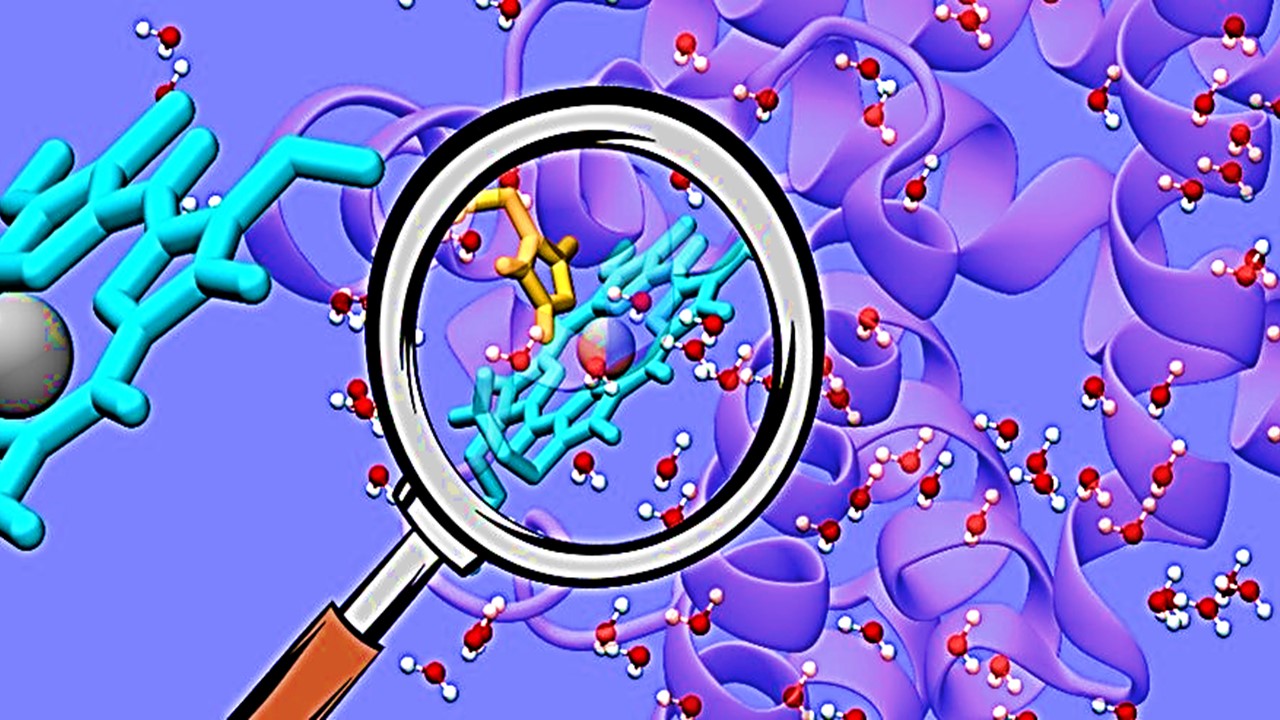The intricate interplay between Mycobacterium tuberculosis (MTB) and the human immunodeficiency virus type 1 (HIV-1) remains an area of intense research interest. Recently, a groundbreaking study published in iScience has shed new light on the relationship between these two notorious pathogens. This article explores the fascinating findings of the study and their implications for our understanding of immune responses in individuals co-infected with MTB and HIV-1.
Exploring the MTB-HIV-1 Nexus
MTB, the causative agent of tuberculosis (TB), continues to pose a significant global health burden. In parallel, HIV-1, the virus responsible for AIDS, has become a pandemic of immense proportions. Co-infection with these two pathogens often leads to complex clinical scenarios, as each pathogen exploits specific vulnerabilities of the immune system. Understanding the underlying immune responses during co-infection is crucial for the development of effective diagnostic tools and therapeutic strategies.
Unveiling Enhanced HIV-1-Specific Antibody Responses
The iScience study delved into the immune responses of individuals with MTB-HIV-1 co-infection, specifically focusing on HIV-1-specific antibody responses. Antibodies play a central role in the immune system’s defense against viral infections, acting as the first line of defense by neutralizing and eliminating invading pathogens. The researchers sought to elucidate whether the presence of MTB in co-infected individuals influenced the magnitude and quality of HIV-1-specific antibody responses.
Surprising Revelations
The study revealed a fascinating association between MTB infection and heightened HIV-1-specific antibody responses. Co-infected individuals displayed significantly elevated levels of HIV-1-specific antibodies compared to those infected with HIV-1 alone. These findings challenge the conventional notion that MTB co-infection impairs antibody-mediated immune responses. Instead, they suggest a potential synergistic relationship between the two pathogens, whereby MTB infection may potentiate immune responses against HIV-1.
Mechanisms at Play
To unravel the mechanisms driving this observation, the researchers investigated the immune cells responsible for antibody production. They found that B cells, the primary producers of antibodies, displayed enhanced activation and maturation in co-infected individuals. Furthermore, the study revealed alterations in the gene expression profiles of B cells, implicating potential molecular pathways underlying the intensified antibody responses.
Implications for Clinical Interventions
These findings have significant implications for clinical interventions in MTB-HIV-1 co-infected individuals. The observed heightened HIV-1-specific antibody responses could serve as a potential target for therapeutic interventions, aiming to augment the immune system’s ability to control HIV-1 replication. Additionally, the study’s insights into the molecular mechanisms driving enhanced antibody responses could pave the way for the development of novel vaccine strategies and immunotherapies.
Conclusion
Contrary to expectations, co-infection with MTB appears to enhance HIV-1-specific antibody responses, potentially shedding light on new avenues for therapeutic interventions. Further research is warranted to unravel the intricate immunological crosstalk between these pathogens fully. Ultimately, this knowledge may hold the key to more effective strategies in combating the dual burden of tuberculosis and HIV-1.
Study DOI: 10.1016/j.isci.2023.106631
Subscribe
to get our
LATEST NEWS
Related Posts
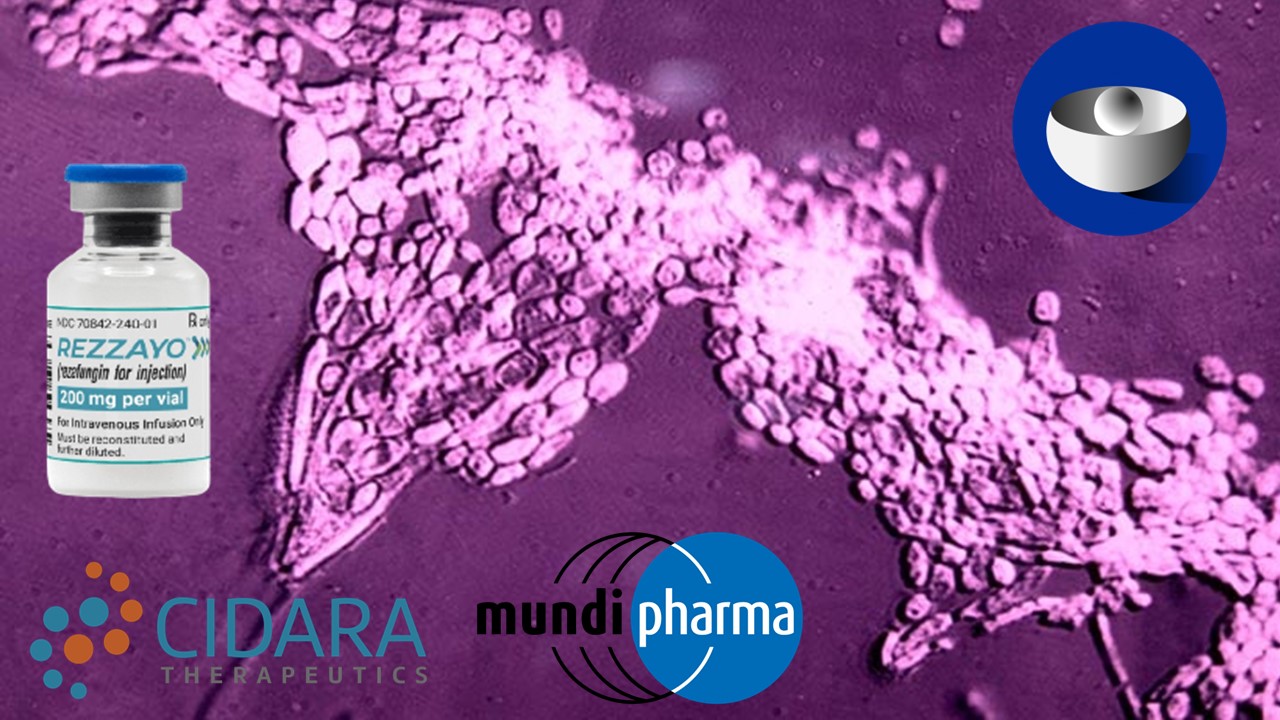
Infectious Diseases & Vaccinology
Rezzayo™’s Latest EU Approval for Invasive Candidiasis Breaks Ground in Antifungal Therapy
Rezafungin marks the initial addition to the treatment arsenal for patients grappling with invasive candidiasis in more than 15 years.
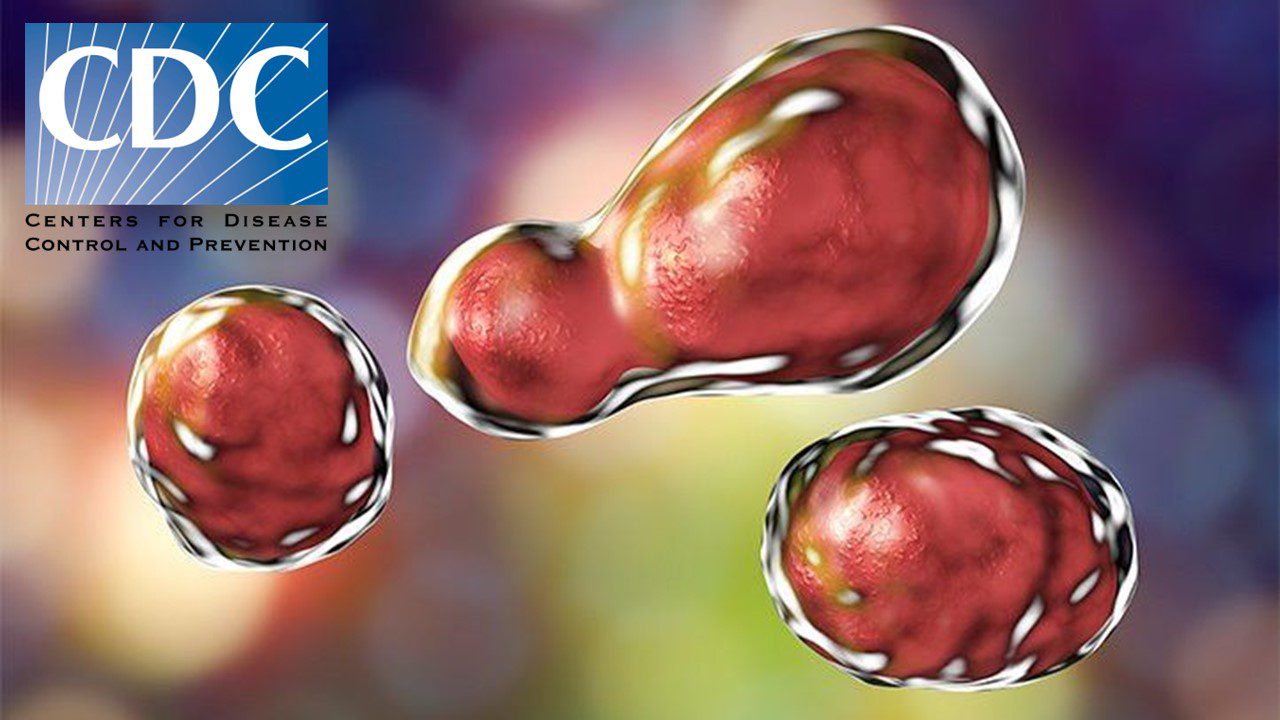
Infectious Diseases & Vaccinology
Unmasking the Shadow: CDC Battles the Latest Fungal Meningitis Outbreak in Matamoros, Mexico
CDC tackles fatal fungal meningitis outbreak linked to surgeries in Matamoros, Mexico.
Read More Articles
Synthetic Chemistry’s Potential in Deciphering Antimicrobial Peptides
The saga of antimicrobial peptides unfolds as a testament to scientific ingenuity and therapeutic resilience.



